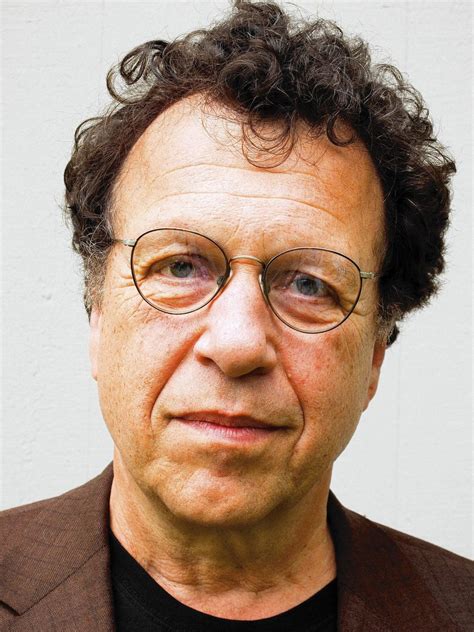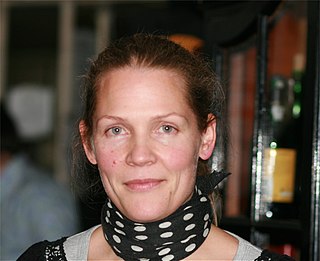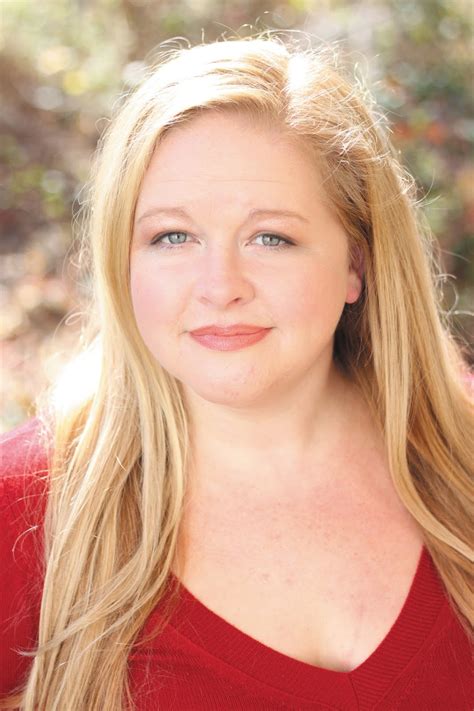A Quote by Michael Chabon
As soon as I read that, it clicked: that's my theater of war. It was exciting to think that I could write about World War Two from a totally new place.
Related Quotes
World War Two was a world war in space. It spread from Europe to Japan, to the Soviet Union, etc. World War Two was quite different from World War One which was geographically limited to Europe. But in the case of the Gulf War, we are dealing with a war which is extremely local in space, but global in time, since it is the first 'live' war.
One of the reasons it's important for me to write about war is I really think that the concept of war, the specifics of war, the nature of war, the ethical ambiguities of war, are introduced too late to children. I think they can hear them, understand them, know about them, at a much younger age without being scared to death by the stories.
I read "Women Heroes of World War I" and was absolutely astonished. When we imagine women serving in the First World War, mostly we think of Red Cross nurses, but here I was reading about women serving as front-line soldiers, women serving as war journalists . . . and women who worked undercover as spies.
If Donald Trump dismantles the agreement [the "Iran nuclear deal"] won by President Barack Obama with President Hassan Rouhani and the Iranian government and people: If he dismantles that, and puts greater sanctions on Iran, then we are leading to another war; another war inspired by Israel, another war that will bring China into war, Russia into war, Europe into war. And the Western world, in this war, will be taken completely down, and a whole new world is on the horizon.




































